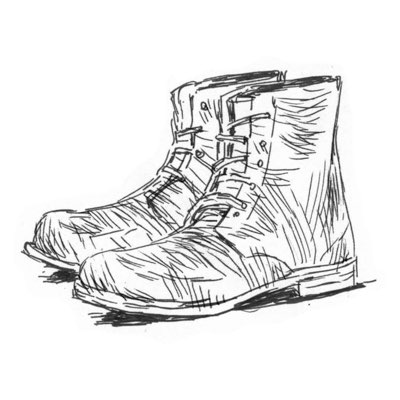Henry’s troubles had begun the day the physician arrived. Just a week previously.
It was June 6, 1866. Henry stood in the shadow of the back door. Behind the cottage, enclosed by a rickety fence, was a well-hoed garden with neat rows of potatoes, carrots, and spinach. Further back, separated by another fence, was their cow, Alberta, and several hens wandering free.
They had named it Bluebell Cottage. It was a sturdy settlers’ cottage, purchased by his father William Appleton soon after they had arrived from England with boxes crammed with everything from shoes to kitchen chairs.
The name was Henry’s mother’s idea: Victoria hoped soon to see delicate English bluebells flourishing in their front yard. But so far, none had appeared.
It had been only six months since the worst day of Henry’s short life: his father’s death. William Appleton had been down at Canvas Town, one of thousands of desperate men searching for gold, when he collapsed. Heart attack, they said.

They named it Bluebell Cottage: Henry’s mother hoped soon to see delicate English bluebells flourishing in their front yard.
Henry knew his father was a good man, of course; a man of honour. But not a strong man. He’d only gone to the goldfields because the family was short of money.
When news of William Appleton’s death reached Nelson, young Henry and his mother were in the garden, tending the vegetables to earn enough money to survive another winter.
Victoria had already sold her pearl necklace to pay for flour. And soon the bank would be knocking on the door, demanding the Appletons catch up with their mortgage payments.
And then suddenly William Appleton was gone, and Henry and his mother were alone.
At fifteen, Henry was very much a man in the eyes of the town. Big and strong enough to dig the garden, mend the fences, ride the horse.
But although he didn’t like to admit it, he was in many ways still a boy, and he knew his mother was perhaps a bit soft on him.
Henry watched his mother digging fiercely.
She was in her late thirties, thin and muscular. She wore threadbare trousers from his father’s wardrobe, rolled up and hitched with a piece of cord; and the shirt was Henry’s, knotted at the waist, with a black armband.
It had been a long time since his mother had worn a pretty dress, back in London. Sometimes she talked to Henry about those times: days of chamber music and dances and Sunday strolls in Hyde Park.
Henry could just remember his mother taking him as a young boy to join the crowds outside Kensington Palace, cheering as the Queen of England set out in her carriage.
His mother had the same Christian name as Her Majesty, who right now was probably sleeping in a four-poster bed with gold adornments. Queen Victoria – so well-fed, they said, that one rude doctor commented she was “more like a barrel than anything else”.
And here on the other side of the globe was his mother, Victoria Appleton, widowed, poor and thin, stomping around in the mud under a blazing sun.
How does she keep going?
Like his mother, Henry was lean and hardened from their hand-to-mouth existence. He knew he should be working alongside her. Instead, he quietly retrieved his father’s rifle from under his mother’s bed and went to his small bedroom at the front of the cottage.
He leaned out the window, aiming the weapon at imaginary villains in the forest. “Pow! Pow!”
The rifle was an Enfield cavalry carbine: heavy, and not easy to handle, but Henry knew it was deadly accurate at long distances. He stroked the well-oiled wooden stock and dreamed of the day he would feel the punch of the rifle’s recoil as he dispatched another Indian Brave.
“Henry!”
He didn’t register his mother’s call, and continued to gaze out the window. From here, he had a clear view of the front yard and the forest beyond.
He fiddled with the lucky rabbit’s foot attached to the rifle. Strange that his father, a God-fearing man who read the Bible every morning, should believe a trinket would bring him luck. And it didn’t. But now that his father had gone, little things like a rabbit’s foot brought comfort.
“Henry!”
This time, Henry jumped. “Coming!”
Henry darted into his mother’s room, returned the rifle to its baize-lined strongbox, and pushed it back under her bed. He was careful not to disturb his father’s polished boots, parked neatly at the end of the bed.
A thought flashed through Henry’s mind: Father will never wear these again.
The soles of his own boots were so thin he could feel the pebbles he stepped on. But he knew his father’s boots would fit him; he had tried them on when his mother was gardening.
Several times.
